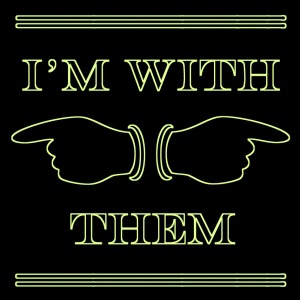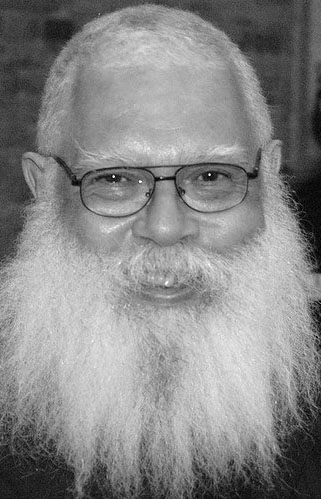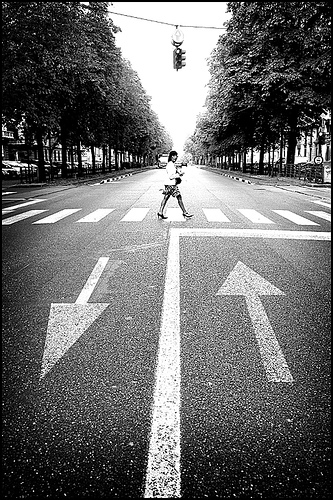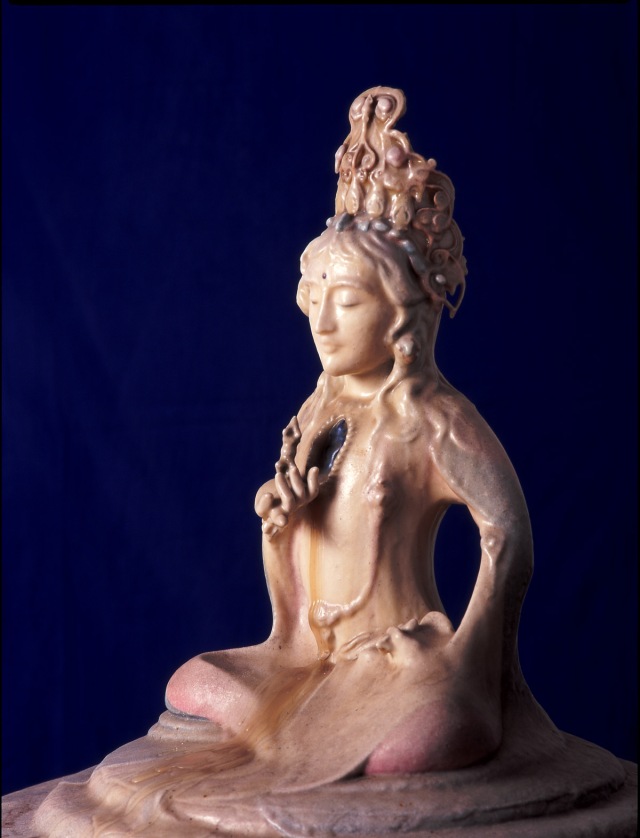 In honour of [Inter]national Coming Out Day, which has just gone by, I’m going to out myself for the eighth time.
In honour of [Inter]national Coming Out Day, which has just gone by, I’m going to out myself for the eighth time.
I’ll cut the preamble waffle I just wrote, and instead state baldly: I am polyamorous. I’ve tried to dodge it, or qualify it, or yes-but-only it… but I am it.
Polyamory means a lot of different things to different people. This is going to be about what it means to me.
I never really and truly came out to myself about this until last week, when I was attempting an exercise I read in the book Aspergirls, by Rudy Simone. She mentions in passing how she decided to write about her ideal partner as if she were already in a relationship with (in this case) him, describing his qualities and what he’s like to be with. And then two weeks after she did this, he popped up in her life out of nowhere, and is still (at time of her book going to press, at any rate) still there.
So I thought, What the hell, I thought. And I started writing my own version of this. Believe it or not, I was originally going to post it as a blog-thing here, before I realised how incredibly revealing and personal it was turning out to be. So you’re not seeing that! But the significant thing for me that I want to write about here is that my ideal partner is partners. Two of them.
I’ve alluded to this before, here, I think (I’ve written about an awful lot of stuff over the last year, and I’m stuffed full of opiates at the moment and can’t remember things I looked up five minutes ago, so if I’m really repeating myself, I’m just going to have to hope you don’t remember either…) Anyway…
Ever since I was about 11 or 12, I’ve had this sense that my ideal loving situation would be to be with two other people. Not in a series of connected relationships, but three people in one relationship, living together, loving together, sleeping together (sometimes, if that works). I remember dreaming about it from when I was that age. And then a few years after that, I started reading the novels of Samuel R Delany, an American SF novelist who was way ahead of his time in terms of exploring variations on The Normal when it came to society – in gender and gender-roles, in sexuality, in relationships.
I read his book Babel-17 and (now I know I’ve written about this before, but what the hell) it was like meeting myself, in some way. The thing I was resonating with so strongly was his description of a type of relationship his people in this novel called a triple. No specific permutation of sexes, the defining characteristic of a triple is that of three people in love with each other, committed to each other. That’s what I really want.
The idea of a triple isn’t mere fiction, a concept – there are plenty of loving triples out there, quietly getting on with their lives together. I have met one or two over the years, and I know of (and know) more through the internet, though none well.
I’ve always shied away from it. And more generally, I’ve always shied away from the fact of my polyamorous nature – probably for the same reasons I’ve shied away from most things that are about my true self, for decades, until in recent years I let go into myself at last. I was brought up to be certain that whatever I did, said, or thought/felt, there must be something wrong with it. This is not an easy infection to shake off, but I’m getting there.
There are, then, two important ways in which I am polyamorous. One of them is the above, and the other is that I’ve always been in love with several people at the same time. I have no idea what it’s like to be any other way. It’s so much a background radiation in my life that it just hasn’t occurred to me to mention it to people when I got involved with them – because up until now, I’d assumed I was content with one partner, and I generally have sort-of been – I would certainly never entertain trying to be with more than one person without everyone’s consent in any case, but it’s never arisen as an issue.
This has sometimes not been a problem at all. But a couple of times it’s been awful. Because for some people who are not polyamorous, there’s no distinction they can make in their minds between loving more than one person at once and “infidelity”. For them, it’s a simple equation: there’s x amount of love in you, and if you love two people, you’re never giving either of them x, so they’re short-changed in love, and you’re somehow cheating on everybody.
I’m pissed off about this. We’re in a culture that only invented Romantic Love less than 1,000 years ago as a Thing, decided it revolved around couples, decided that was somehow “holy”, and so any other permutation is somehow some combination of unhealthy and unholy. People who are not polyamorous are sometimes inclined to assume that polyamorous people have “commitment issues”, because the Normal, Healthy Thing™ is to fall for somebody to the exclusion of everyone else in the cosmos (Hugh Grant can’t be lying to us, right?).
On the other hand, I don’t go with the polyamorous people who think of themselves as “more evolved” than anyone who just falls for one person at a time – either extreme is elitist bolox, really.
But it is amusing (by way of childish revenge) to imagine a cosmos in which it’s the norm to love several people at once, whilst being with one or more partners – and in this cosmos, people who fall for just one other person to the exclusion of everyone else in the cosmos might be seen as infantile, as craving the undivided attention of a parent, as craving to be the very centre of someone else’s universe.
Of course neither is right, because there’s no one thing that’s Normal when it comes to love. You love who you love, willy nilly (soooo much more fun that writing “whether you like it or not”). Sure, there are people who are pathologically unable to make a loving commitment (whether to one or more people), just as there are people who are pathologically unable not to cling onto one other person so tightly that they suffocate.
But in moderation, all these things are normal.
And as a Buddhist, I’m inclined to see the idea of having just one soulmate as a really terrible waste of love, and a terrible invitation to the suffering that’s inherent in monomania. Of course, unrequited love for four people at the same time sucks to the power of… argh!! But I’d still rather that than no love.
I just wanted to get this off my chest today.
Oh, and cosmos, if you’re listening, I’d like to place a formal request:
Two lovely loving androgynous polyamorous partners, gender irrelevant, who love music and wordplay and beauty and dancing and singing and cats, and each other, and me.
[Click Here to Confirm Order]
*****
My title up there (as usual) is a pun of sorts. When I was at college, a lot of years ago, I fell in love with a Hungarian folk song called Ne Aludj El, and learned to sing it, without having any clue as to what it is about. It was only a few years ago, thanks to the internet, that I found a translation of the lyrics and discovered it’s a love song – or more accurately, an end-of-love song, since at the end of the song, the young wife says to her husband “Take back the ring you have given me – the diamond has gone cloudy…” (ouch). But at the beginning of the song, they’re compared to two stars. And I’d like two special stars in my life, though I have a vast galaxy of people that I love. I’d like to be part of a triangle constellation that lights up the night sky. And of course, I give us 3 stars out of 3. Top marks.
Here is that song, as I fell for it all those years ago, sung by Kolinda (I have, I hope, arranged for the track to start at the right place, for your enjoyment – but if this technology fails us, please go to 8:30 for the start of the song):
And here is a photo of Samuel Delany, in grateful thanks for a word for what I want to be a part of. And in awe of his charming smile and glorious imagination and prodigious beard.


